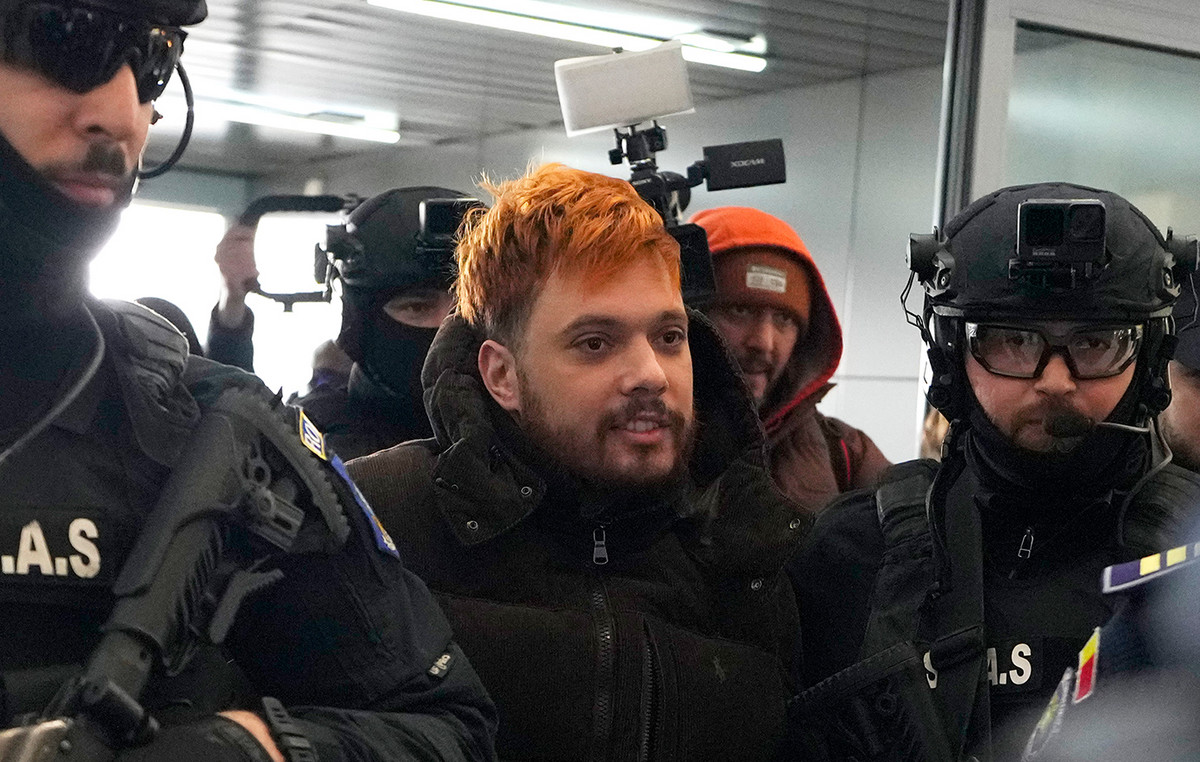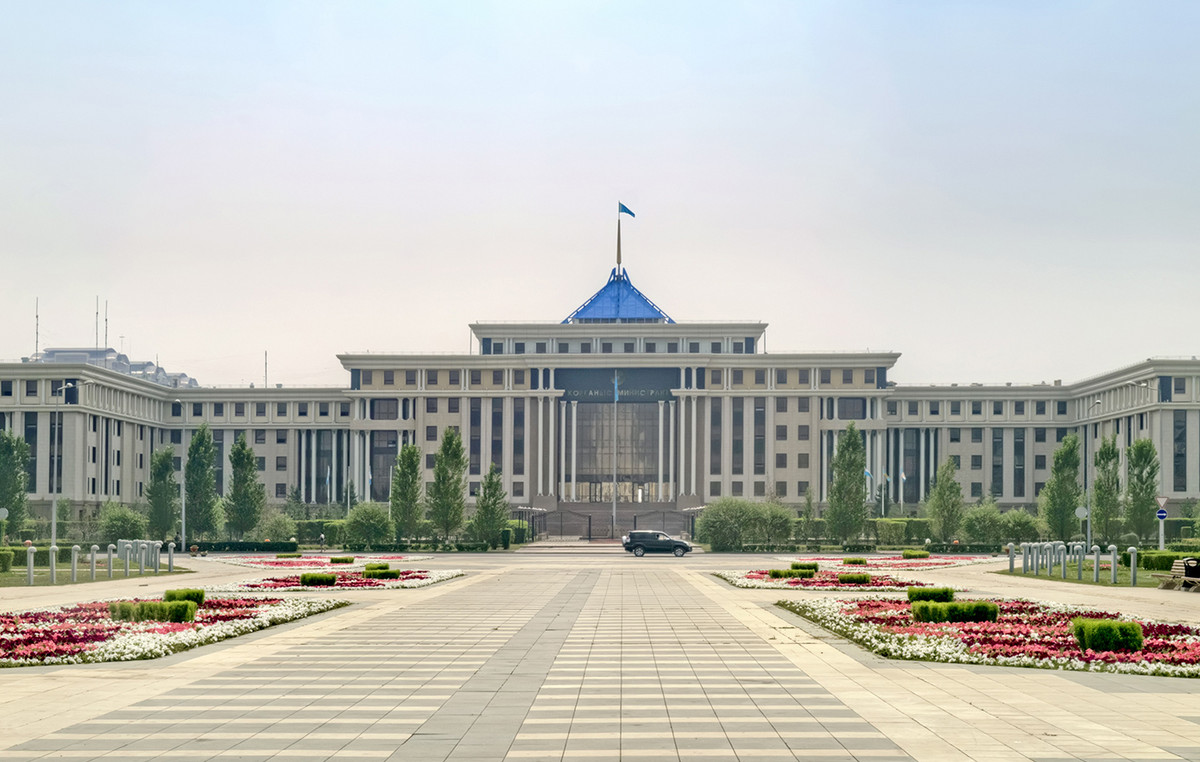Pfizer and BioNTech announced on Wednesday that they have completed an emergency use authorization application with the US Food and Drug Administration (FDA), an agency similar to Anvisa, in the United States, for its Covid-19 vaccine for children from 6 months to 5 years.
Data from a phase 2/3 trial of the vaccine included 1,678 children who received a third dose during the period when the Omicron variant of the coronavirus predominated. The test results were released on May 23 and showed that the vaccine proved to be safe and showed a strong immune response. Data have not been peer-reviewed or published in a scientific journal.
Antibody levels tested one month after the third dose showed the vaccine produced an immune response similar to two doses in 16- to 25-year-olds, the companies said.
Preliminary results of the study indicated 80.3% vaccine efficacy against symptomatic Covid-19 in this younger age group. The companies identified 10 symptomatic cases at least seven days after the third dose. However, the rate of effectiveness will not be determined until at least 21 symptomatic cases are found in the vaccine group and then compared to the number of symptomatic cases in the group that did not receive the immunizer, called placebo.
The vaccine dosage for this younger age group is lower than that used in older groups. People aged 12 years and older receive two doses of a 30 microgram vaccine and children aged 5 to 12 years receive two doses of a 10 microgram vaccine. Both groups are eligible for booster doses in the US.
For children aged 6 months to 5 years, the Pfizer vaccine is three doses of 3 micrograms. The two initial doses were given three weeks apart, and the third dose was given at least two months after the second dose.
“These data on safety, immunogenicity [capacidade de gerar resposta imunológica] and first-line efficacy are encouraging, and we look forward to soon completing our submissions to regulators globally, with the hope of making this vaccine available to younger children as soon as possible, subject to regulatory authorization,” said Pfizer President and CEO Albert Bourla, in a statement last month.
William Schaffner, a professor in the Division of Infectious Diseases at the Vanderbilt University School of Medicine, said vaccine scientists were careful to adjust the dose for younger children to get “a good effect with minimal side effects.”
“We’re thinking of it as a three-dose vaccine, and preliminary data acquired during the Omicron era says it’s actually 80% effective,” Schaffner said. “We’re going to want to look at this very carefully, but so far, this is good news.”
Children under age 5 are the only age group not eligible for Covid-19 vaccination in the US. Vaccine for this group was delayed when results from a two-dose series of the Pfizer/BioNTech vaccine did not show the expected level of protection. The companies said they would change the test to add a third dose.
In February, the FDA asked companies to submit an emergency use authorization application based on the two-dose data, but postponed a meeting of its vaccine advisory board so that the third-dose data could be considered.
The FDA will convene its Vaccines and Related Biologicals Advisory Committee on June 14 to discuss Moderna’s Covid-19 vaccine order for people ages 6 to 17.
On June 15, the committee will discuss Moderna and Pfizer’s US applications for vaccines for younger children.
Moderna submitted its vaccine data for children ages 6 months to 5 years to the FDA in late April. Presentation is based on two 25 microgram doses given 28 days apart.
Source: CNN Brasil







